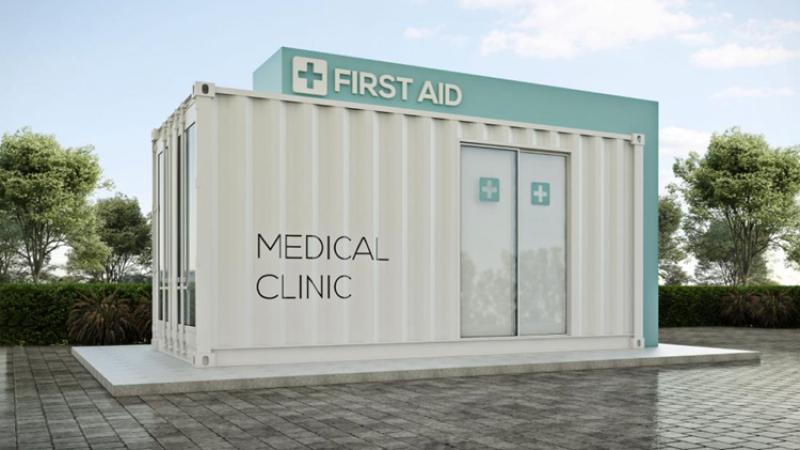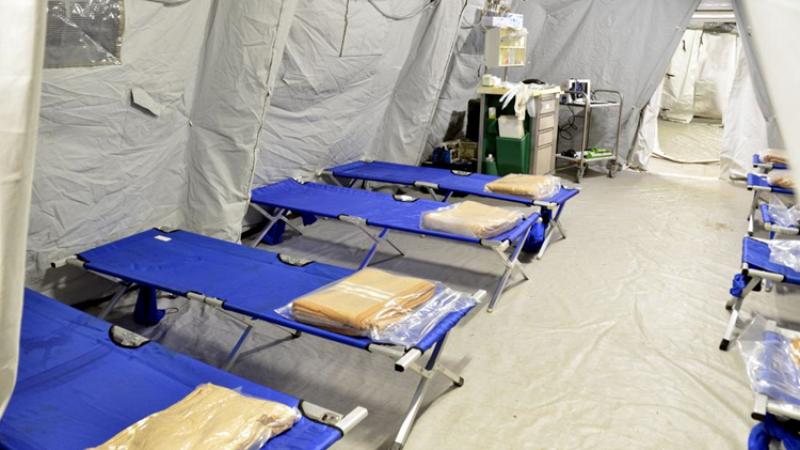The Advantages And Limitations Of Mobile Field Hospitals
Hospitals are staples in most communities, essential to make medical services easily accessible and promote public health. However, there are circumstances where access to a hospital can be challenging. It’s often the case during disease outbreaks or natural disasters. Hospitals operate beyond their capacity and often have to turn away emergent cases at the door.
This is the gap that mobile field hospitals fill. These aren’t confined to a location or building and often operate in tents, vans, or containers, moving where needed, and providing convenience and accessible medical care. Is it worth investing in mobile field hospitals as an investor or doctor?
The answer to this question lies in understanding the advantages and limitations of mobile field hospitals. Read on:
The Advantages
They Provide Quick Medical Assistance
Hospitals are fixed structures where patients go for medical assistance. There are situations where accessing such a facility can be challenging.
The issue could be distance or the extent of the patient’s injuries. Perhaps they are too unstable to move or transport, and time is of the essence. Here, a mobile field hospital comes to the rescue.
These deployable field hospitals are set up near the disaster area to bring medical care closer to the patients. They are triaged right away and cases are treated depending on their urgency and severity. This helps hospitals manage the load of patients that need treatment and frees up beds for those who urgently need it.

They Offer Medical Services at Reduced Costs
It’s said that one of the reasons people shy away from visiting hospitals is the high charges that come with the services. Although people have embraced health insurance to reduce the burden of expensive medical care, some are yet to do this. These are often the ones that avoid seeking professional medical assistance when ill.
Mobile field hospitals provide a cheaper alternative to medical services. With these, there are fewer operational costs, reducing the amount the facility has to compensate for through its services. Therefore, they’ll offer their services at reduced costs, making healthcare services accessible.
Also, as previously stated, mobile field hospitals provide services to people. It reduces the amount patients spend on transport to access medical assistance. Fewer transportation costs reduce the overall expenditure of accessing healthcare.

The Limitations
Limited Access To Resources
Medical conditions differ in terms of severity. Some will require more advanced equipment, testing, and treatment than others.
You’ll most likely find hospitals and governments setting up mobile field hospitals through funding. Still, it is often just enough to cover the basics, which reduces their access to advanced technology to cater to some medical conditions. When this happens, a patient has to proceed to a hospital for assistance.
Besides funding being an issue, space is the other factor affecting access to resources. As previously stated, these mobile hospitals operate from vans and tents. These tents and vans can be small, limiting the resources medical practitioners can host. They’ll be forced to offer minimal services based on what their physical space can accommodate.
Also, regarding space, there are times there’ll be many casualties in war or a disaster, yet the mobile field hospital is small. The number of beds could be quite small, limiting the number of patients the doctors can attend to.
It Can Be Expensive
Setting up a mobile field hospital is often challenging financially. Where an established medical practice is the one setting up the facility, it’ll be like a second investment in addition to the physical premise they have. It increases expenditure.
As stated earlier, you’ll often find field hospitals in remote areas. These areas often come with hardships that health practitioners must go through to meet the health needs of those affected by the disaster. In most cases, you have to compensate the doctors’ and nurses’ salaries accordingly, given the tough situation, also adding to expenses.
Last but not least, setting up these hospitals requires you to buy new medical devices. For some of them, you have to get advanced ones that you can move around with when the need arises. These devices have special features, making them expensive to acquire.
Conclusion
Mobile field hospitals are a great addition to the medical industry. From the discussion, it’s clear they aid in bringing health services to people in times of need. When contemplating investing in these facilities, it’s important to consider finances and the frequency of outbreaks and disasters. With these insights on the table, you’re better placed to decide on investing in mobile field hospitals.
More to Read:
Previous Posts:








